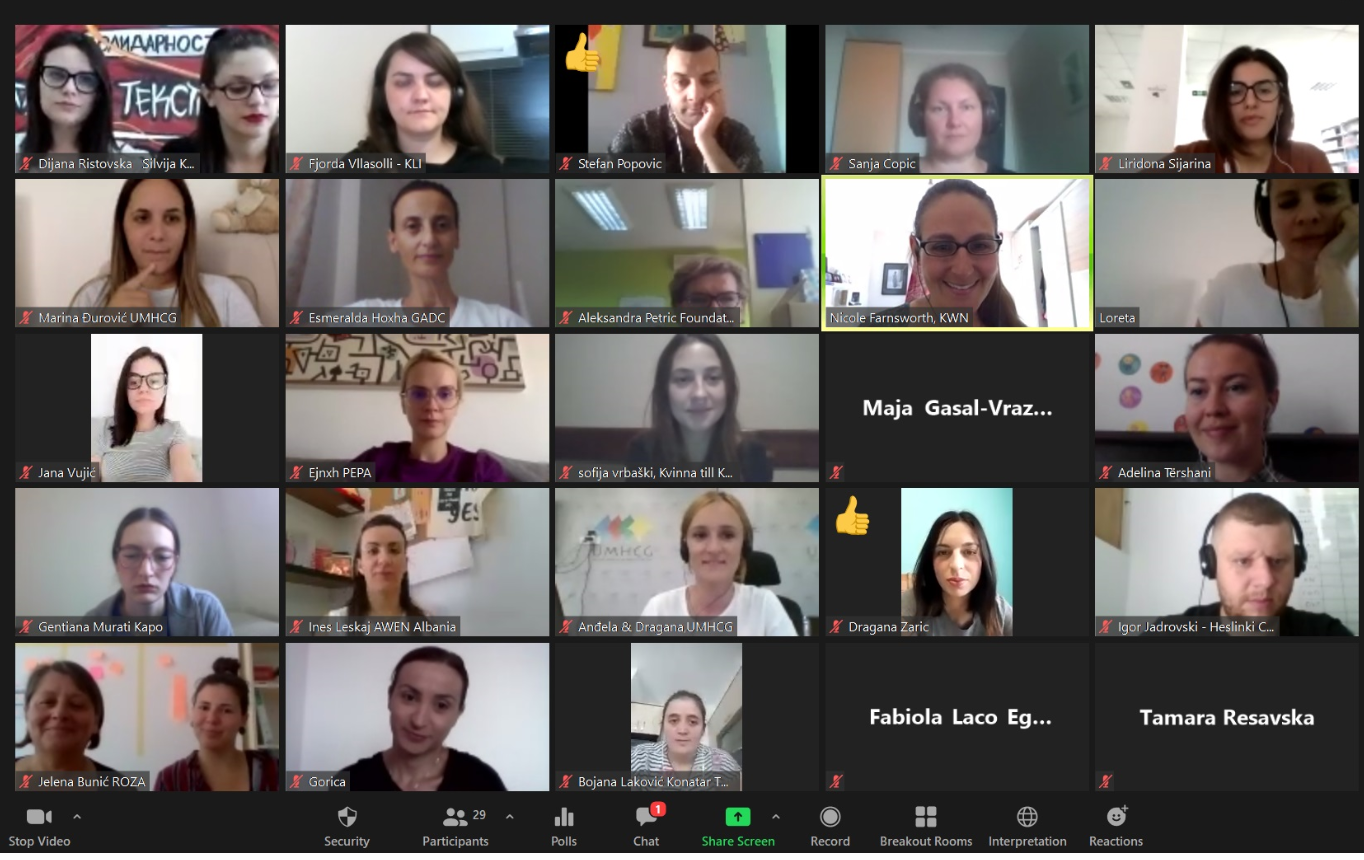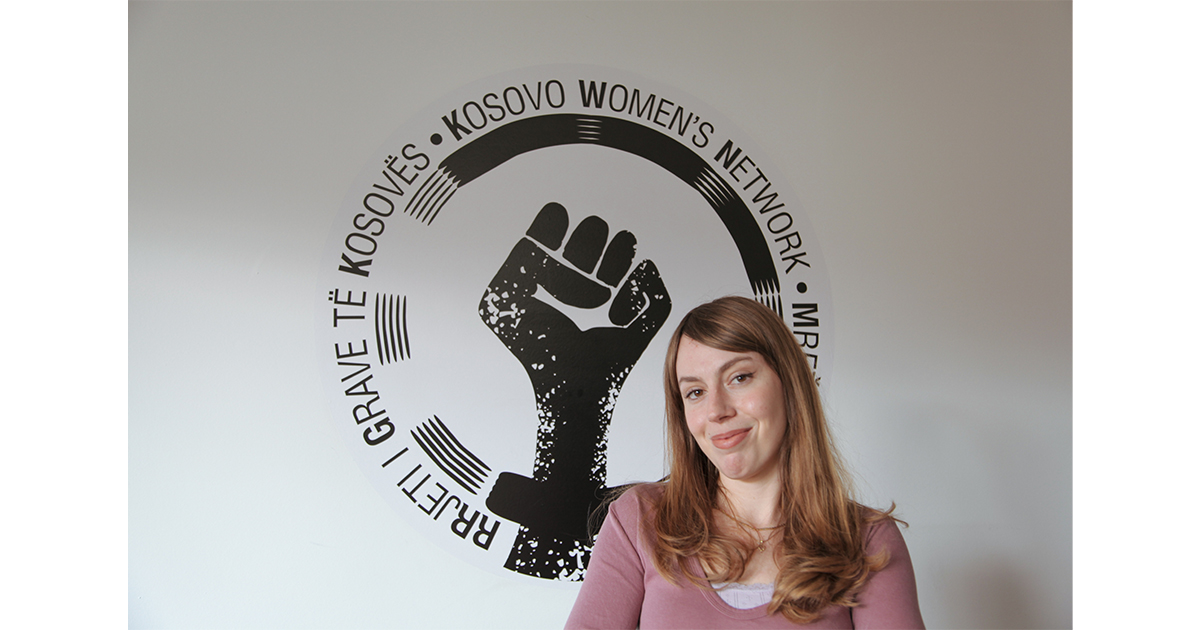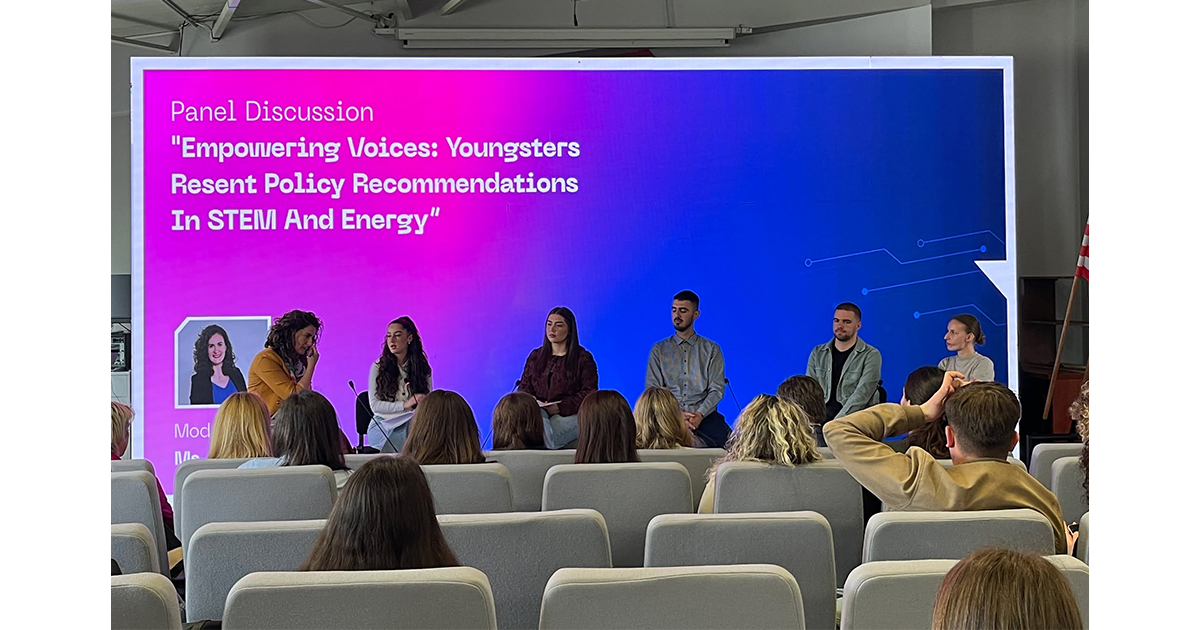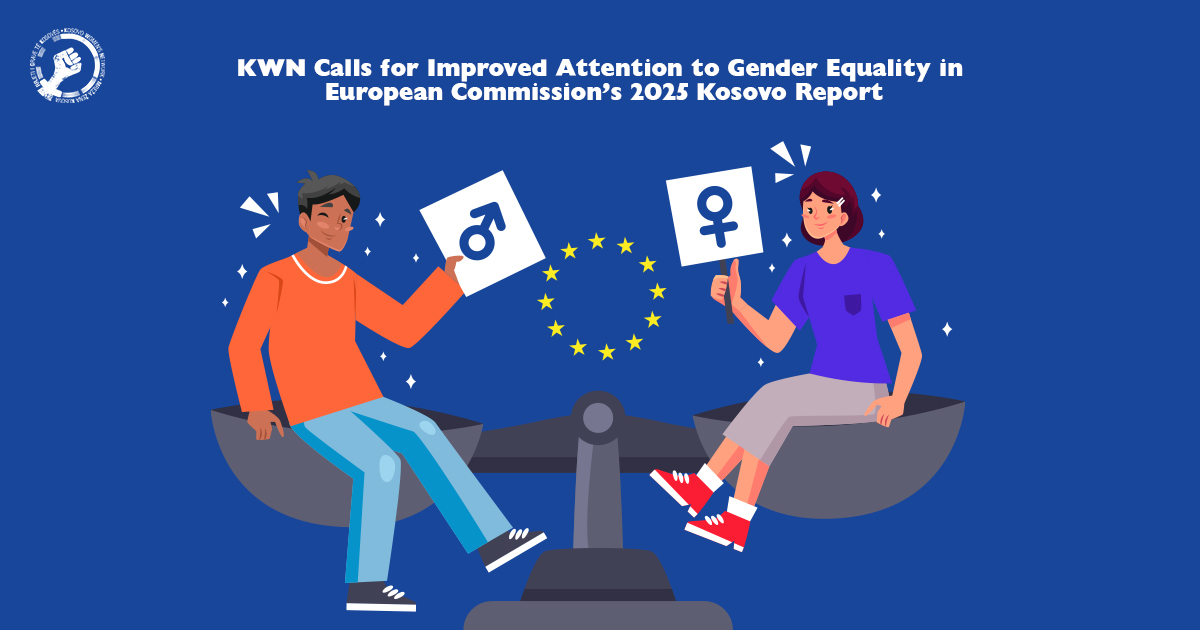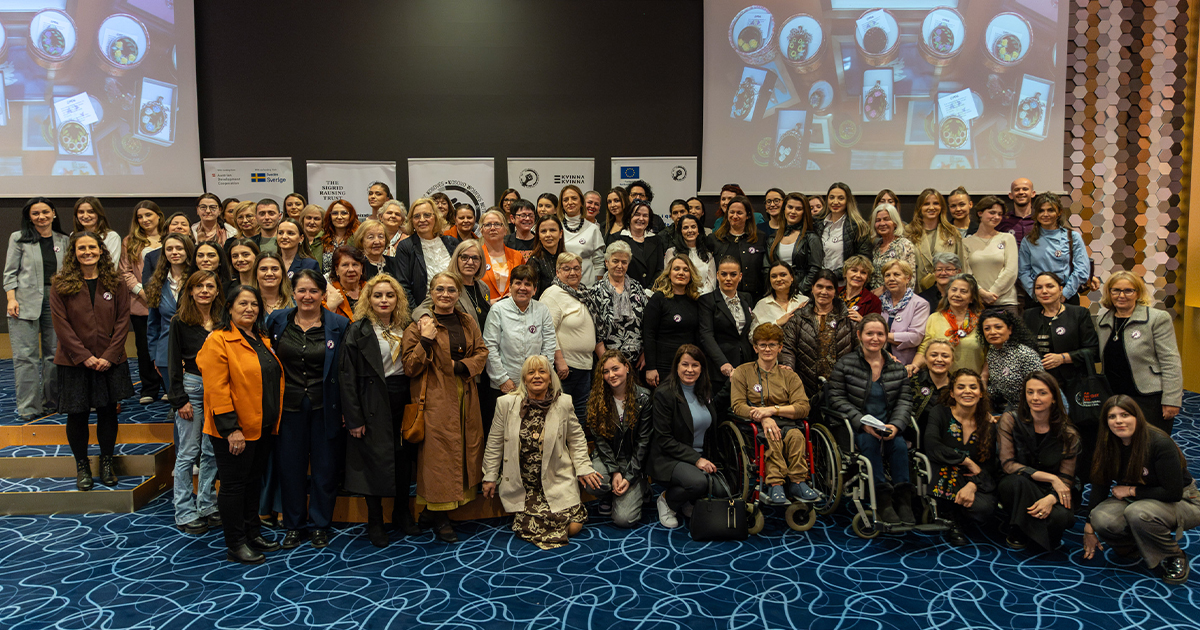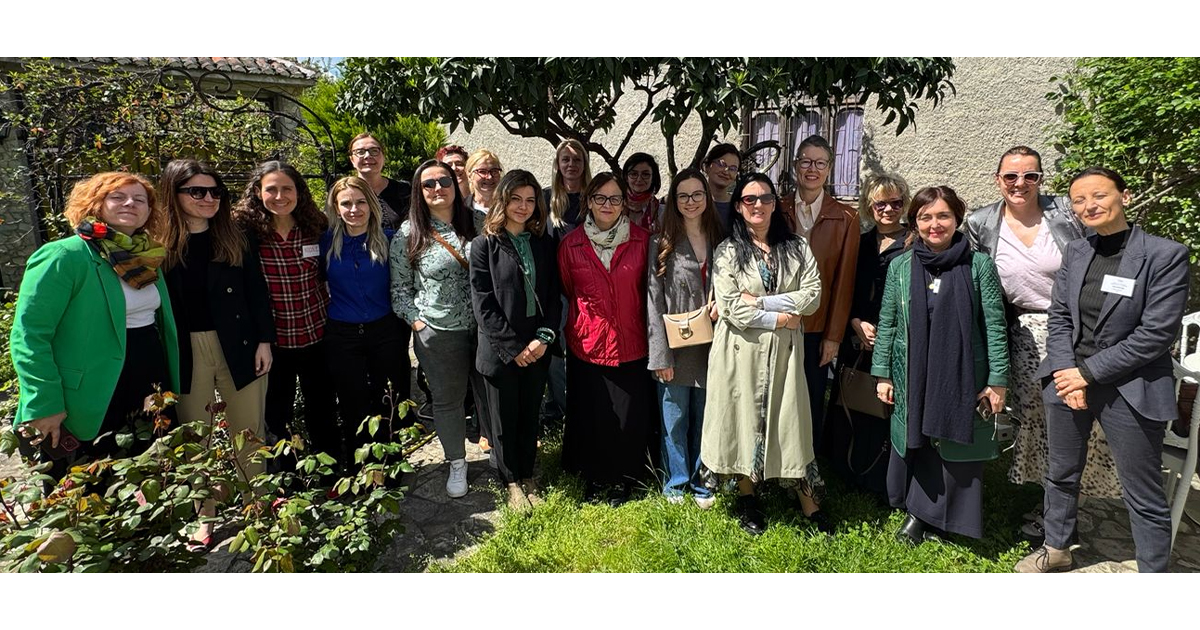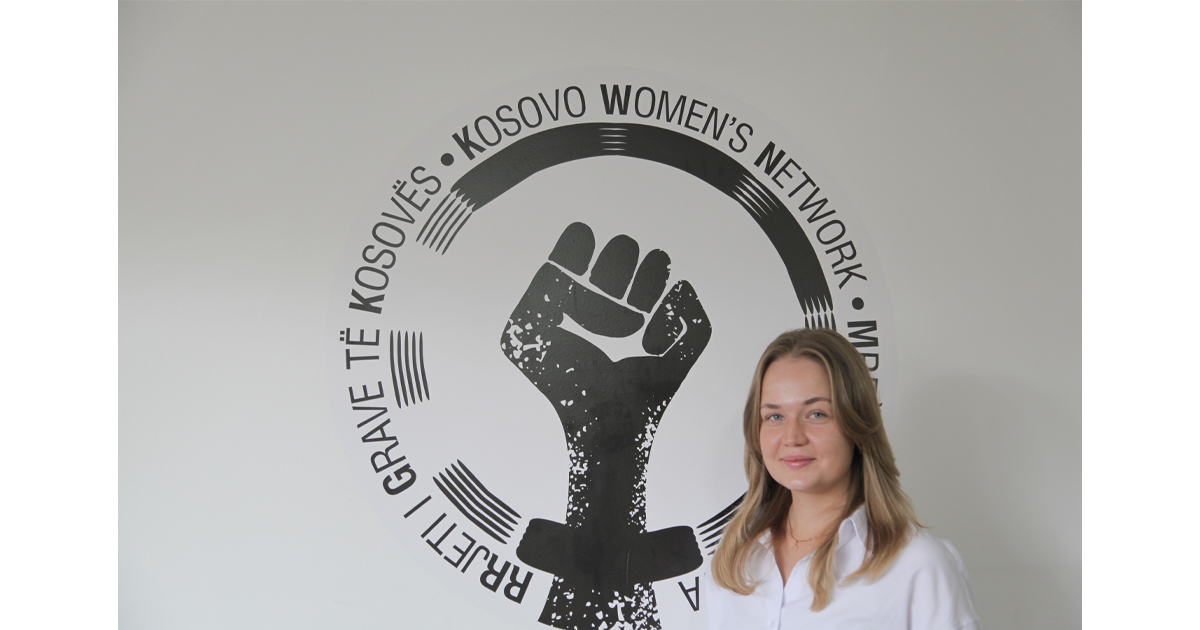The Coalition against Gender-based Discrimination against Women at Work held their strategic planning meeting online from 13 until 17 July. 20 partners from six Western Balkan countries had the chance to discuss progress to date, successes, challenges and strategies for addressing gender-based discrimination at work.
Although this meeting was planned to take place in North Macedonia, due to the pandemic it was held online. All partners were organized and divided in working groups where they planned for the upcoming months. They discussed new ideas on: advocacy, awareness raising campaigns and court monitoring and legal aid.
“The idea of a weeklong meeting taking place online, I thought it wasn’t possible, but it actually worked great. Everything went very well and we even had the chance to divide into working groups and everything as planned,” said one of the participants.
The Coalition partners include: Kosovo Women’s Network, Reactor Research in Action/ Реактор истражување во акција, Gender Alliance for Development Center (GADC), Helsinki Citizens’ Assembly-Vanadzor, Centar za ženska prava / Women’s Rights Center, the Kvinna till Kvinna Foundation -Sweden via its Serbia office], AWEN-Albanian Women Empowerment Network, Linja e Keshillimit per Gra dhe Vajza, Хелсиншки комитет за човекови права – Helsinki Committee for Human Rights, Гласен Текстилец, Viktimolosko Drustvo Srbije, A11 – Inicijativa za ekonomska i socijalna prava, ROZA udruženje za radna prava žena and Sindikat medija Crne Gore
This Action is supported by European Union and co-funded by Swedish International Development Agency (Sida).

